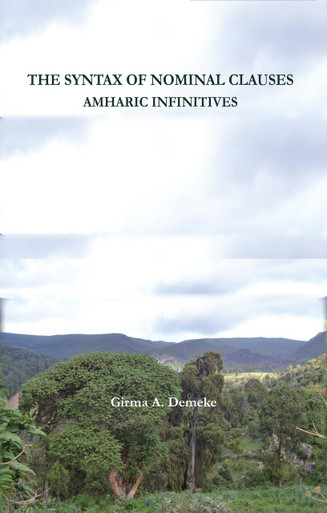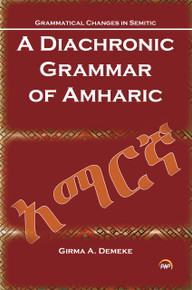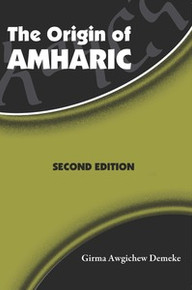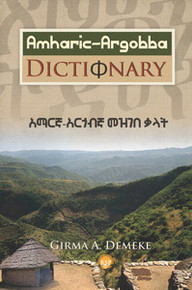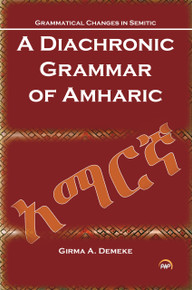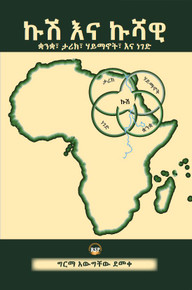Categories
Categories
Authors
Authors
- Home
- Language/Linguistics
- The Syntax of Nominal Clauses: Amharic Infinitives by Girma A Demeke
The Syntax of Nominal Clauses: Amharic Infinitives by Girma A Demeke
Product Description
The Syntax of Nominal Clauses presents the fascinating issue of the Amharic infinitival clauses and the complex nature of nominal clauses in general. Its focus is what Manahlot (1977) calls mä-clauses in Amharic which are nominal in category and lexically headed by an infinitive marked by the morpheme mä- (or m- before a vowel).
Unlike the English gerund and event nominal constructions, the Amharic infinitival clauses have more in common with their counterpart tensed clauses. Double object constructions, A-and A`-extractions are possible in Amharic infinitival clauses. Infinitives, however, lack tense and aspectual features and take the constituent negative marker rather than the clausal negative marker although the negative marker has scope over the whole infinitival clause. The analysis in The Syntax of Nominal Clauses shows that Amharic infinitival clauses are nominalized vPs, i.e., nP = TP where the nominalizer (Nz) head takes vP as its complement as in [nP[vP]]. Based on the morphological facts and syntactic evidence of the language, it is further argued that nP is distinct from DP. Spec, D is where the genitive Case of the subject is licensed. The suggestion is that Case projects on its own as KP and selects DP. Spec, K has the same operator property as Spec, C. KP, in general, can be seen parallel to CP. This analysis explains well why wh-extraction, topicalization, and focus are possible in Amharic infinitival clauses
Girma A. Demeke holds a PhD in linguistics. His notable publications include The Origin of Amharic (2nd Edition, 2013), Grammatical Changes in Semitic: A Diachronic Grammar of Amharic (2014), Argobba Speech Varieties (2015), The Ethiopian Calendar (2016), and the two-volume work Language and Identity in Ethiopia (2018).
Amharic, Semitic Studies/GENERAL LINGUISTICS
Page count: 108.
Trim size: 5.5 x 8.5”
 Loading... Please wait...
Loading... Please wait... 
